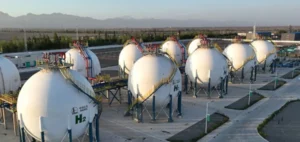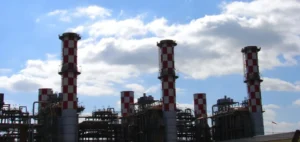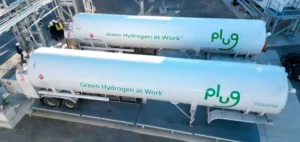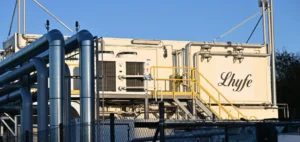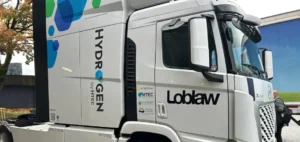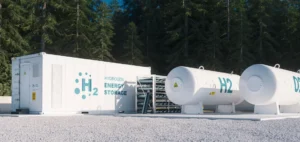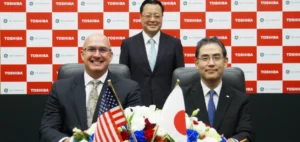Oil giant ExxonMobil is set to capture 7 million tons of CO2 per year, the equivalent of the emissions from 1.5 million cars for a year, using technology from Honeywell. The industrial technology company announced that its CO2 fractionation and hydrogen purification technology would allow Exxon to capture CO2 at its Baytown, Texas, plant. The plant is scheduled to begin operation by 2028, and will produce 1 billion cubic feet of hydrogen per day.
An investment in decarbonization
The Baytown hydrogen plant project is part of ExxonMobil’s initiatives to help other companies decarbonize their operations, and to produce clean energy. The hydrogen manufacturing process also produces CO2, which Exxon will capture and permanently store using Honeywell technology.
Environmental and economic benefits
According to Honeywell, its CO2 capture technology reduces the cost of capturing, transporting and storing carbon dioxide. It uses smaller and less expensive equipment than other technologies. This off-the-shelf carbon capture technology is effective because it can achieve significant emission reductions, which can play a major role in the energy transition.
Dan Ammann, president of ExxonMobil Low Carbon Solutions, said the project “demonstrates our commitment to supporting customers in their decarbonization efforts.” For his part, Barry Glickman, Honeywell’s vice president, emphasized that their carbon capture technology is “plug and play and works to decarbonize production processes.”
An agreement whose value was not disclosed
The value of the agreement between the two companies was not disclosed. Honeywell declined to comment on the terms of the agreement. However, the company said its technology would allow ExxonMobil to reduce production costs while helping to combat climate change.
By using Honeywell’s technology, ExxonMobil is taking a step forward in its sustainability strategy. This project not only reduces CO2 emissions, but also produces clean energy for heavy industries looking to switch to renewable fuels.














